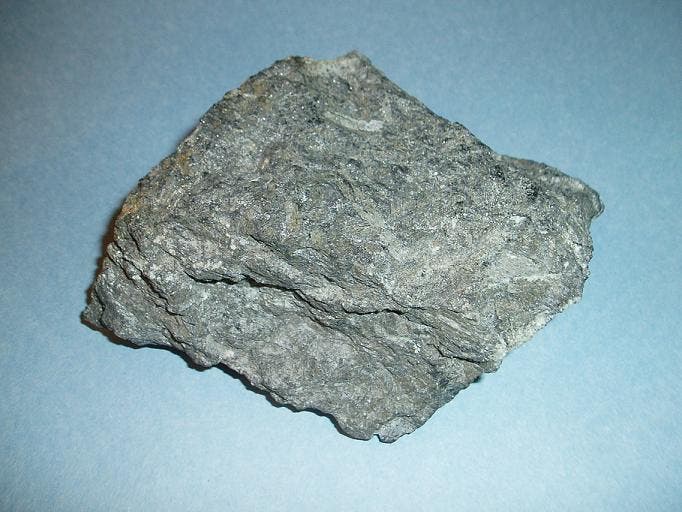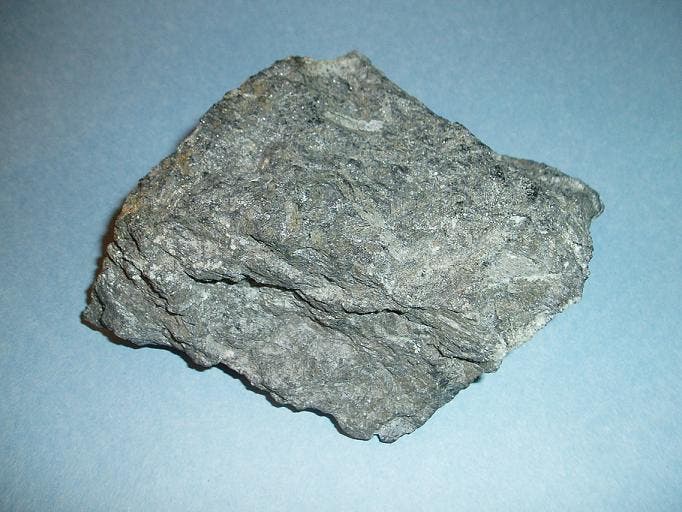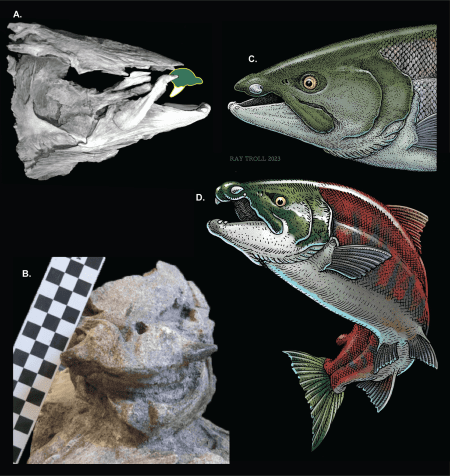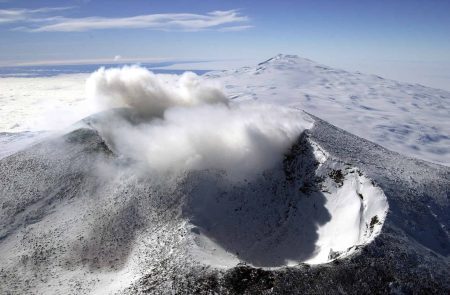Unexpected new findings from University of Maryland researchers show that a portion of our planet’s mantle survived Earth’s rough formation, including a collision with a planet-sized body which many believe led to the creation of the Moon, as we see it today.
“It is believed that Earth grew to its current size by collisions of bodies of increasing size, over what may have been as much as tens of millions of years, yet our results suggest that some portions of the Earth formed within 10 to 20 million years of the creation of the Solar System and that parts of the planet created during this early stage of construction remained distinct within the mantle until at least 2.8 billion years ago.” says UMD Professor of Geology Richard Walker, who led the research team.
The general consensus on this matter is (or was, prior to this) that the internal heat of the early Earth, partially generated by a massive impact between an incipient Earth and an asteroid about half its size would have led to the melting of the mantle and perhaps the entire planet, which led to the conclusion that it would be practically impossible to find anything preserved and identified in volcanic rocks that erupted onto the surface more than one and a half billion years after Earth finished its ‘proto-planet’ stage.
However, the Maryland team analyzed volcanic rocks that flourished in the first half of Earth’s history, called komatiites, and found them to be chemically different than anyone would have expected.

“We have discovered 2.8 billion year old volcanic rocks from Russia that have a combination of isotopes of the chemical element tungsten that is different from the combination seen in most rocks — different even from the tungsten filaments in incandescent light bulbs,” says the first author, Touboul, a research associate in the University of Maryland’s Department of Geology. “We believe we have detected the isotopic signature of one of the earliest-formed portions of the Earth, a building block that may have been created when the Earth was half of its current mass.”
As with many of the heavier chemical elements, tungsten has many isotopes, which have the same number of protons and electrons but more or less neutrons. Thanks to this, researchers can use these isotopes to practically date certain processes that took place on (or inside the) Earth, as well as the rocks themselves. For this case in particular, the 182-tungsten isotope is extremely important, because it can be produced by the radioactive decay of 182-hafnium, an extremely unstable element.
According to the team, 182-hafnium was present at the time our Solar System formed but is no longer truly present on Earth today; as a matter of fact, the decay time of 182-hafnium into 182-tungsten is so quick that the abundance of 182-tungsten, compared with other tungsten isotopes can only be attributed with processes that took place early in our planet’s history. The half life is 9 million years, which even though can seem like a long time, is only dust in the wind for our solar system.
Geochemical analysis of the Russian komatiites from Kostomuksha have much more tungsten 182 than normal.
“This difference in isotopic composition requires that the early Earth formed and separated into its current metallic core, silicate mantle, and perhaps crust, well within the first 60 million years after the beginning of our 4.57-billion-year-old Solar System,” says Touboul. “In itself this is not new,” he says, “but what is new and surprising is that a portion of the growing Earth developed the unusual chemical characteristics that could lead to the enrichment in 182-tungsten; that this portion survived the cataclysmic impact that created our moon; and that it remained distinct from the rest of the mantle until internal heat melted the mantle and transported some of this material to the surface 2.8 billion years ago, allowing us to sample it today.”
According to researchers, their new findings have far deeper implications about Earth’s early history than it would seem at a first glance, showing that our planet never melted in its entirety:
“These findings indicate that the Earth’s mantle has never been completely melted and homogenized, and that convective mixing of the mantle, even while Earth was growing, was evidently very sluggish,” says Walker. “Many questions remain. The rocks we studied are 2.8 billion years old. We don’t know whether the portion of the Earth with this unusual isotopic composition or signature can be found in much younger rocks. We plan to analyze some modern volcanic rocks in the near future to assess this.”
Via UMD









